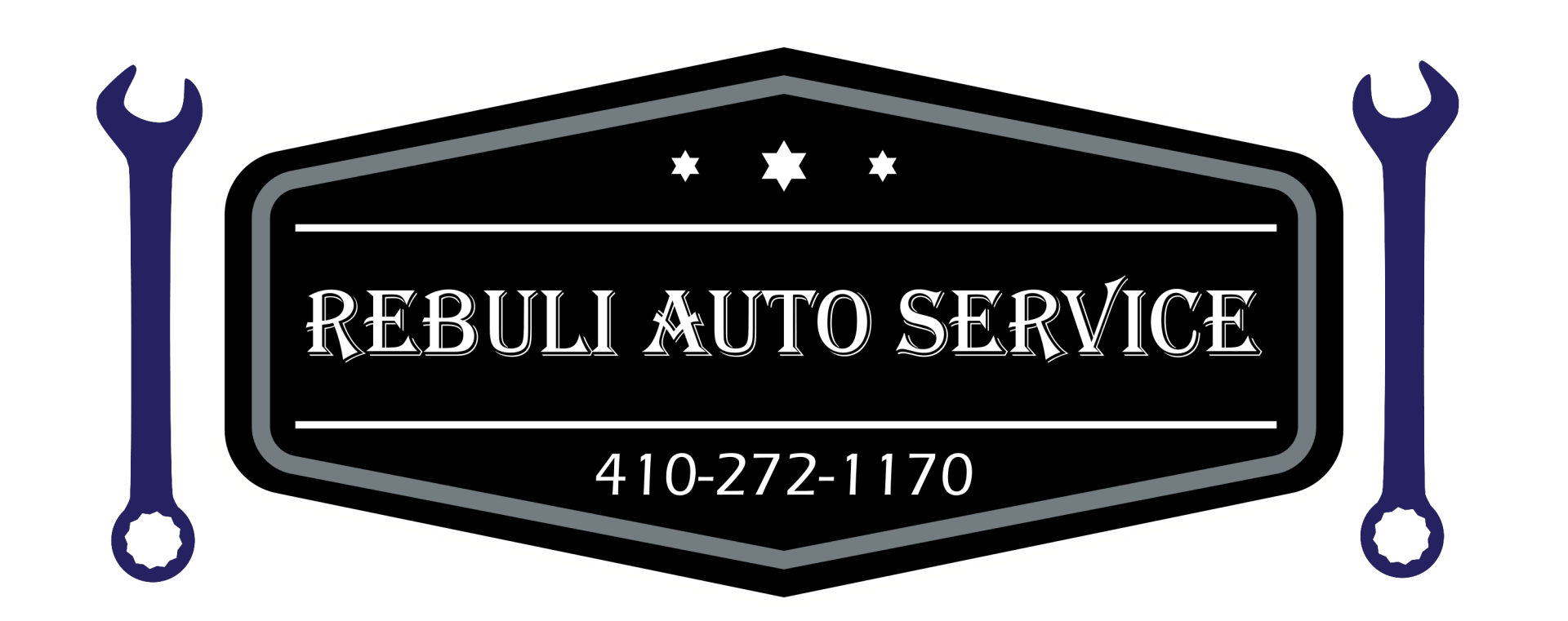Specializing in Import and Domestic Auto Repair & Maintenance
Frequently Asked Questions
Our Automotive Experts Cover Frequently Asked Questions
-
What should I do if my car starts to overheat?
If your car overheats for too long, you can damage your engine. As soon as possible, find a safe place to pull off the road and shut the engine off! Do not attempt to check the fluid level in the radiator; the hot fluid can cause severe burns. The best thing to do is have your car towed.
-
When should I get my oil changed?
Every 3,000 to 6,000 miles, depending on your vehicle, or as recommended in your vehicle's owner's manual.
-
How do I make sure my car battery has a good electrical connection?
Battery cables and terminals should be cleaned and inspected periodically to make sure they provide a good electrical connection.
-
Should I consider using synthetic motor oil in my vehicle?
Synthetic motor oils can be a very good choice for high output, turbocharged or supercharged engines, or for vehicles that are used for towing (especially during hot weather), and vehicles that operate in extremely cold or hot climates. Although more expensive than mineral-based oils, synthetic motor oils can improve fuel economy and provide longer intervals between changes.
-
When should I replace my car's fuel filter?
To help ensure dependable, trouble-free performance, replace your car's fuel filter approximately every 30,000 miles or as recommended in your vehicle's owner's manual.
-
When should I change my spark plugs?
Your spark plugs should be replaced every 30 months or 30,000 miles for maximum fuel economy and peak engine performance, unless your vehicle is equipped with 100,000-mile platinum tipped spark plugs.
-
Am I required to use a dealer for maintenance to keep my new car's warranty in effect?
NO. You can have routine service performed by an independent shop and still maintain your warranty.
-
Is it really important to replace my timing belt at the recommended interval?
YES. The manufacturer has intervals at which they recommend timing belt replacement. Failure to do do may result in major engine damage and the cost to repair an engine damaged by a broken timing belt is much greater than the cost of changing the timing belt.
-
How often should I rotate the tires on my vehicle?
You should rotate your tires every other oil change, or every 6,000 miles. So failure to rotate tires may cause premature tire wear.
-
What does it mean if my "check engine" or "service engine soon" light comes on?
This light comes on when the computer has detected a malfunction. There are many sensors and computerized components that manage your vehicle's engine performance and emissions. Although your car may seem to run fine, it is important to have the issue addressed in order to prevent long-term problems.
-
I need to replace a burned out fuse, what should I do?
Make sure to always replace burned-out fuses with ones of the same amperage (printed on the fuse) and note that if a fuse continues to "blow," you should have the circuit checked professionally by one of our technicians for defects.
-
Does it really matter where I take my car for service?
Yes. A professionally certified technician who continues training in the latest systems and proficient use of state-of-the-art equipment is your best bet. Honesty and reputation are also two key factors in choosing a repair shop for your automotive needs. At Rebuli's Auto, customer satisfaction is our #1 goal!
Harford County, MD and the Surrounding Areas trust us for complete automotive repair & service.
All Rights Reserved | Rebuli Auto Service | Privacy Policy | Accessibility Statement






